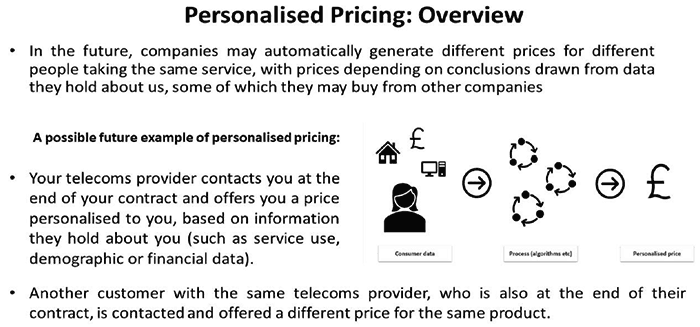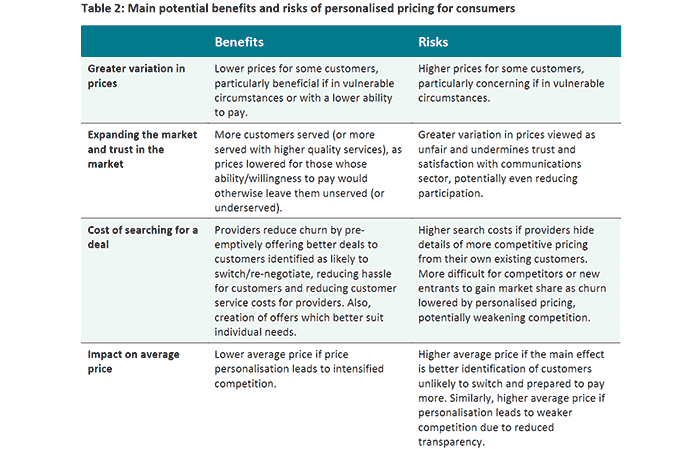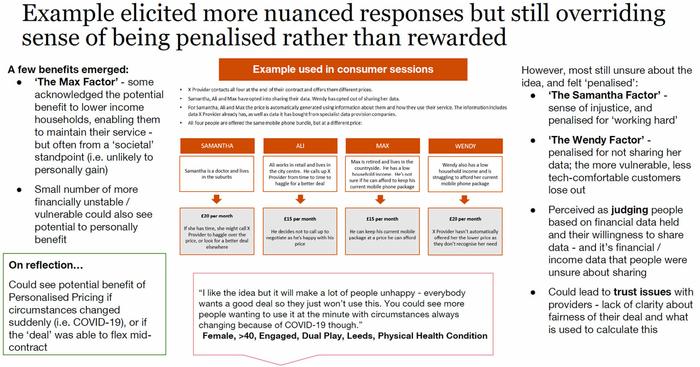Ofcom has started to ponder over matters arising from the 'personalised pricing' of broadband ISP, phone, and mobile services in the UK. As the telecoms watchdog, Ofcom wants to make sure any introduction of automated personalised pricing, powered by AI/ML technology, will be fair and beneficial to customers.

Technological advances in the digital world mean that data about our behaviour, interests and preferences can be combined and analysed in more sophisticated ways, says Ofcom. "These developments could give communications providers the ability to set different prices for different customers, based on individual characteristics and a prediction of how much someone is prepared to pay," it postulates, in a recent discussion paper. Ofcom expects 'personalised pricing' to evolve in the comms industry and thus is looking into the possible benefits and pitfalls for consumers.
At the moment some degree of personalised pricing is quite commonplace in the UK. If you phone your provider at/towards the end of your mobile phone contract, for example, you will likely have indulged in some haggling about renewing or cancelling your contract. In the process the sales advisors might have passed you to the elusive retentions department who would pore over your usage and put various offers to you. The idea of 'personalised pricing' as sketched out by Ofcom is somewhat like that but AI-automated.

As you can see above, Ofcom has already put some thought into the pros and cons of personalised pricing algorithms. In talks with consumers it found that most people "felt personalised pricing was ‘unfair’, with a lack of transparency about how the price would be calculated and uncertainty about whether they had a good deal." Another issue with personalised pricing is that it could lead to trust issues with your service provider.
Click to zoom image
Obviously telecoms service providers would only be interested in making use of AI for personalised pricing if it puts more money in their coffers without providing any higher service level.
Source: Ofcom, via ISP Review.
Broadband customers to save millions following Ofcom review
In another recent piece of Ofcom news, the watchdog patted its own back for making service providers send out out-of-contract notifications to customers. It says that notification changes since its review could save out-of-contract customers over £270m per year.







